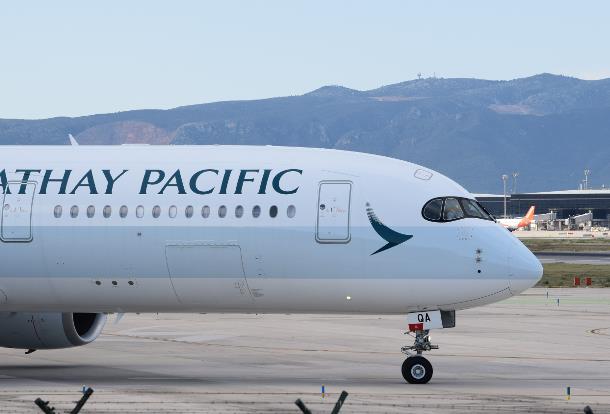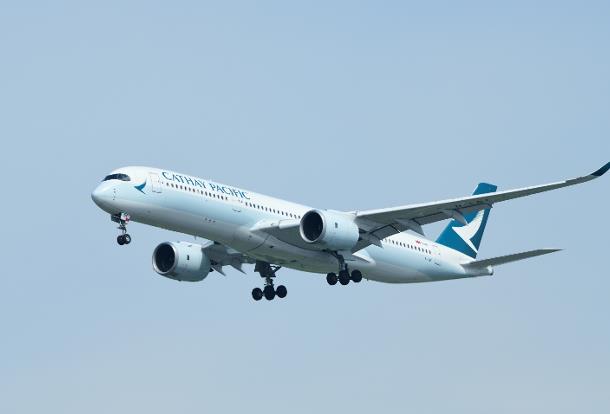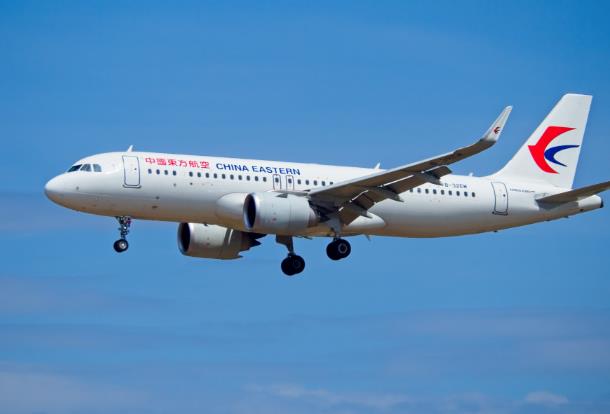Jetstar Hong Kong’s application for a Hong Kong operating license has ended in faliure under the unrelenting attack of a coalition of local carriers on the unwelcome competitor. Meanwhile Chinese low-cost carrier (LCC) Spring Airlines is looking to benefit from Jetstar Hong Kong’s demise.
Jetstar Hong Kong fails to comply with the Basic Law
Hong Kong’s Air Transport Licensing Authority (ATLA) denied Jetsar Hong Kong’s application after reviewing related documents from Jetstar Hong Kong and local carriers' opposition to its entry. ATLA decided that Jetstar Hong Kong failed to meet requirements defined by Article 134 of the Hong Kong SAR Basic Law in regards to Hong Kong as its principal place of business.
ATLA’s review found that Jetstar Hong Kong’s operations are ultimately controlled by its flight committee that includes two China Eastern Airlines members, one Jetstar Group member and one Jetstar Hong Kong member. Both shareholders - China Eastern and Jetstar Group - hold policy-making rights in the committee and are non-resident in Hong Kong.
Casino Godfather called to legitimize Jetstar Hong Kong
Jetstar Hong Kong was established in March 2012 with registered capital of US$115 million, held 50% each by China Eastern Airlines and Australia’s Qantas Group. The partners planned to establish a new Hong Kong LCC to service destinations within five hours of flight distance from the SAR, including SEA, Japan, Korea and the greater China region.
On January 30, 2013, China Eastern announced that Jetstar Hong Kong had been approved by the PRC Ministry of Commerce in the anti-monopoly inspection and only needed approval from the Hong Kong SAR to begin operations. At the time, China Eastern was highly optimistic about the outcome of the SAR’s inspection and purchased A320 aircraft in anticipation of official opening of Jetstar Hong Kong operations in 2013. It was expected that by 2015, Jetstar Hong Kong 's fleet would expand to 18 aircraft and the carrier would create 600 jobs directly and 400 jobs indirectly, and contribute HK$8 billion to Hong Kong’s annual GDP.
Jetstar Hong Kong applied to the SAR authorities for an operation license in June 2013.
To deal with the legal issues regarding Hong Kong as the principal place of operations, Jetstar Hong Kong’s non-resident investors China Eastern and Qantas Group invited Shun Tak Holdings to take 33.33% equity in Jetstar Hong Kong with a RMB 515 million investment, and appointed Pansy Ho, daughter of Shun Tak's founder and Macau’s casino godfather Stanley Ho and chairman of Shun Tak Holdings, as chairman of Jetstar Hong Kong.
Cathay Pacific leads the opposition
In September 2013, Hong Kong’s major carrier Cathay Pacific Airways issued a statement accusing Jetstar Hong Kong of non-compliance to the law regarding principal place of operations and opposing the licensure of Jetstar Hong Kong.
Cathay Pacific warned that issuing Jetstar Hong Kong an operation license would not only contravene the Basic Law but also set a dangerous precedent that would effectively lead to Hong Kong handing over its hard-earned aviation rights to foreign-controlled franchised airlines.
Local carriers form anti-Jetstar Hong Kong alliance
ATLA’s conclusion was largely affected by local carriers Cathay Pacific, Hong Kong Dragon Airlines and Hong Kong Express which immediately protested the licensure application of Jetstar Hong Kong. The three carriers claimed Jetstar Hong Kong’s principal place of business was not in Hong Kong and therefore had no right to obtain a local license.
The mainland connection
Cathay Pacific, Hong Kong Dragon Airlines, Hong Kong Airlines and Hong Kong Express have put aside their differences over the past two year to form an ironclad alliance to counter a common enemy - Jetstar Hong Kong.
Cathay Pacific is Hong Kong’s flagship carrier and Dragonair is its wholly-owned subsidiary. Both airlines have strong ties with Air China, which acquired a 29.99% stake in Cathay Pacific in the end of 2014.
Hong Kong Airlines and Hong Kong Express are members of the HNA Group, and Hong Kong Express is the main Hong Kong-based LCC.
It’s clear that China Eastern is showing weakness in the face of vociferous opposition of Jetstar Hong Kong put up by its two mainland rivals Air China and Hainan Airlines.
Jetstar Hong Kong’s demise will not only benefit local carriers but will also help mainland LCC Spring Airlines's efforts to open air routes to Hong Kong by eliminating LCC competitors.
China Eastern’s foolhardy optimism
China Eastern’s wholly-owned subsidiary, China Eastern Airlines (Hong Kong), signed a loan agreement with Jetstar Hong Kong on July 17 last year to support the latter’s operational development with a US$60 million loan at a fair interest rate and with no repayment deadline.
In March this year, China Eastern's director Xulun Ma said he hoped the Hong Kong government would speed up license approval of Jetstar Hong Kong. Citing government support for LCCs in the mainland, he said China Eastern converted its subsidiary China United Airlines into a LCC, expanded its fleet from 31 to 50 aircraft and increased its proportion of China Eastern’s total international air transportation from 7% to 15%. Mr. Ma said in the China Eastern performance presentation in Hong Kong in April that he still had hope for Jetstar Hong Kong.
Jetstar Hong Kong resigns to its fate
Since its establishment by joint investment, Jetstar Hong Kong has already received nine A320 aircraft but has since sold three of them for an estimated US$281.7 million. As another sign of Jetstar Hong Kong preparing for the worst, it was also reported on March 20 this year that it would sell two of its planes to CMB Financial Leasing for US$83 million partly for repaying debts.
At the time, major shareholder Shun Tak Holdings explained that it had decided to sell off some of its fleet because the deadline for the opening of Jetstar Hong Kong had been dragging on for so long and the funds raised from the aircraft sales could be better used to cover regular operational expenses.(Translation by David)




